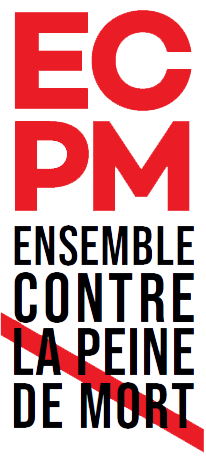The most effective way to secure your devices, computer systems and data from hackers is secure pc software. Hackers, also known as cybercriminals, gain access to your computer for various reasons. They can steal or alter, or even delete information you consider important. Hackers have malicious motives, unlike other thieves who may make use of stolen items to fulfill legitimate needs. They are more concerned with the unauthorized access to sensitive information. This can happen before you even know that something is not right.
The three essential steps to ensure the security of your computer software are passwords, a firewall and protection against viruses. If you adhere to these best practices, your computer will be much less likely to be hacked by malware, hackers, or ransomware (software that encrypts your information and demands payment for unlocking it).
Change the name of the administrator account. Choose a strong password that contains upper and lowercase letters, numbers and computer symbols. Avoid using a simple password like 1234, as hackers can use automated software to crack passwords that www.pcinfoblog.com/hyperx-cloud-stinger-core-wireless-review are easy to guess in a matter of minutes.
Maintain your operating system (OS) and other software up-to-date. The majority of software updates include security fixes that help protect against hackers. Install all patches, and enable automatic updates if there are any, to limit the time you are vulnerable to hackers.
If you own a laptop, or any other portable device that isn’t being used, ensure that the drive is encrypted. This is especially crucial for UF students. You can enable encryption in Windows by opening Settings > Update and Security > Device encryption. This will make it impossible to access the internal drive, as well as many external drives, such as SD cards.
